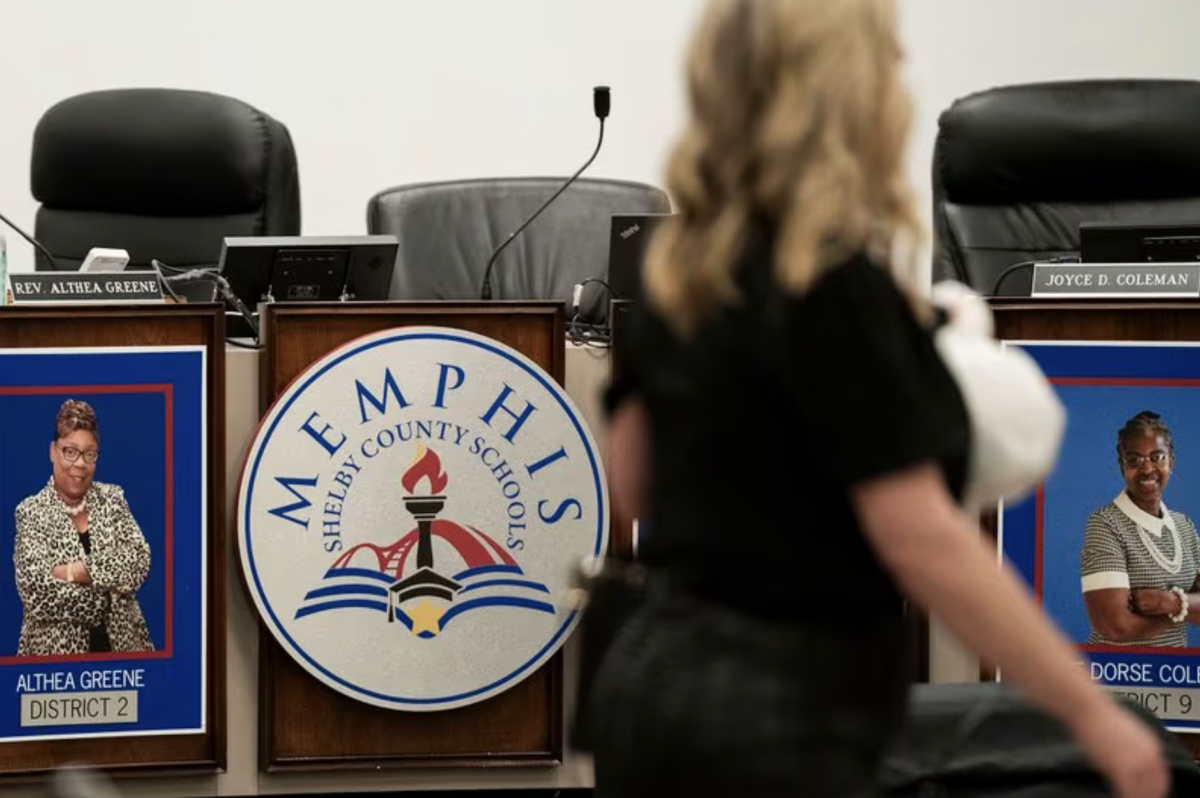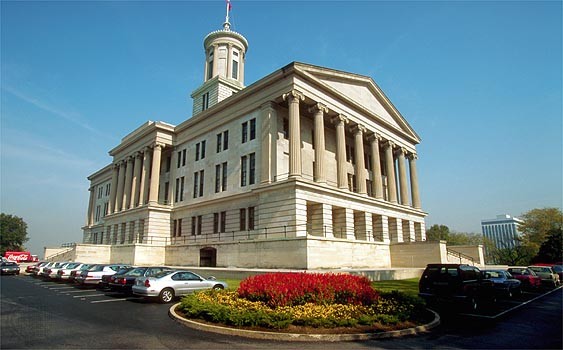The high school graduation rate for Memphis-Shelby County Schools students rose to 81.5 percent in 2022-23, according to the Tennessee Department of Education (TDOE), continuing a rebound from the pandemic years.
MSCS still lagged behind the statewide graduation rate of 90.6 percent. But the results reflected a 1.4 percent improvement from the previous year’s rate of 80.1 percent, and a big turnaround from 2019-20 and 2020-21, when the graduation rate sank to 77.7 percent.
Fourteen high schools — including six charter schools — posted graduation rates of 90 percent or higher, while 21 high schools increased their graduation rate by at least one percentage point.
“We commend our educators, students, and families for their hard work and we are proud of the gains we continue to see in our graduation rates,” interim superintendent Toni Williams stated in an MSCS press release.
MSCS officials credited strategies such as Project Graduation, in which students can earn elective credits in the evening, as well as expanded tutoring with federal stimulus money and funding to hire graduation coaches.
TDOE officials pointed out areas of improvement across the state. Twenty-nine school districts boosted graduation rates for economically disadvantaged students by five percentage points or more, while 37 school districts improved graduation rates for students with disabilities by five percentage points or more, according to a department press release.
“Tennessee’s continuous commitment to ensuring students are successful in graduating from high school on time is demonstrated in this year’s statewide graduation rate and is a direct result of the hard work of Tennessee directors of schools, administrators, and educators have done with our families and students,” Education Commissioner Lizzette Reynolds stated in a press release.
MSCS high schools with 2023-24 grad rates of 90 percent or higher
Charter schools are indicated by an asterisk.
*City University School of Independence, 100 percent
Hollis F. Price Middle College, 100 percent
East High, 98 percent
*Memphis School of Excellence, 96.6 percent
*Power Center Academy High, 96.6 percent
Middle College High, 95.9 percent
Germantown High, 95.3 percent
*Crosstown High, 93.9 percent
*Memphis Academy of Science Engineering Middle/High, 93.3 percent
Whitehaven High, 92 percent
*Soulsville Charter School, 91.8 percent
White Station High, 91.2 percent
Ridgeway High, 90.6 percent
Central High, 90.2 percent
Bureau Chief Tonyaa Weathersbee oversees Chalkbeat Tennessee’s education coverage. Reach her at tweathersbee@chalkbeat.org.
Chalkbeat is a nonprofit news site covering educational change in public schools.




